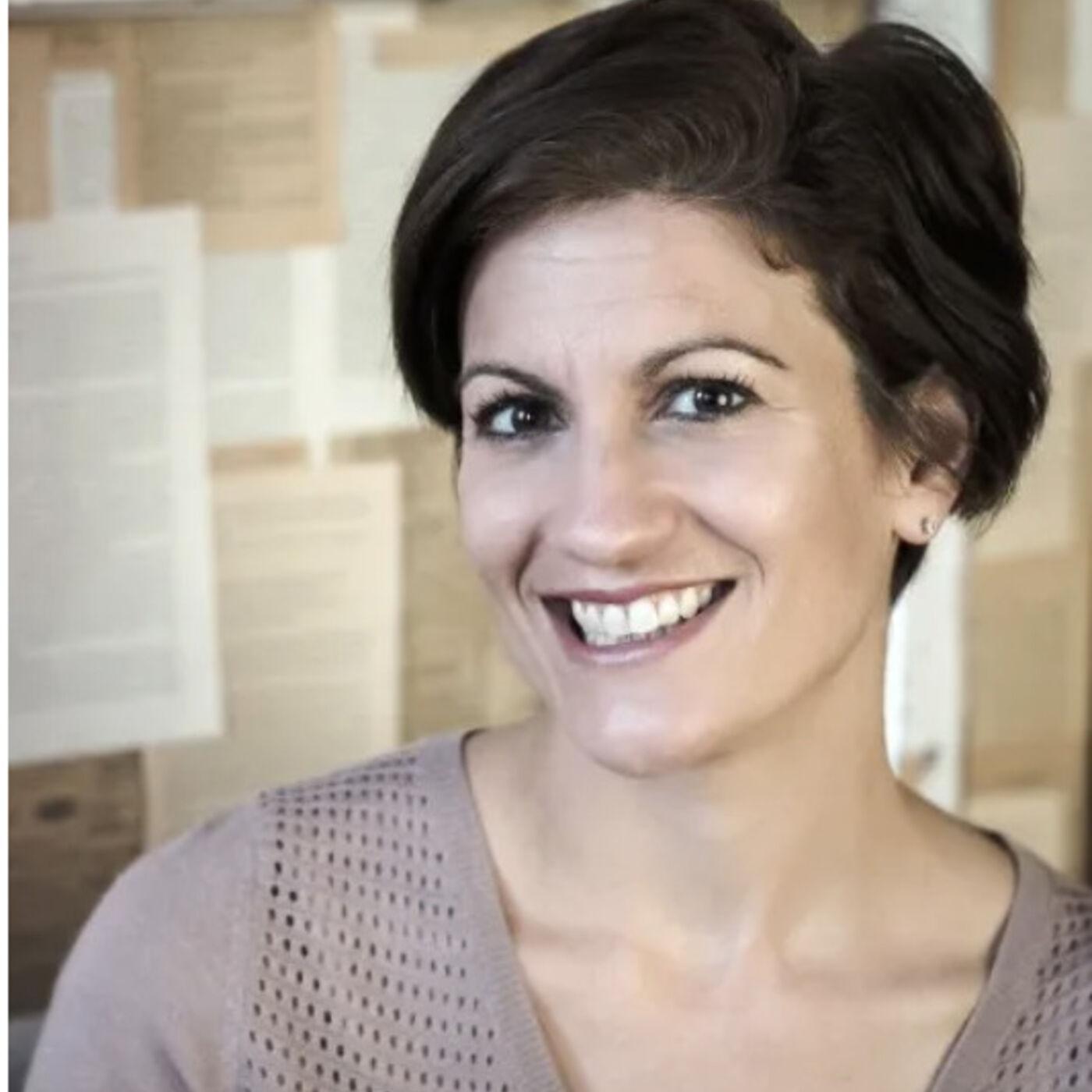Friday, April 1
8:30 AM – 12:30 PM
Cost per person: $179.
In-person in NYC or remote via Zoom.
By advance registration only.
Add $30 fee if you are not attending the conference.
1. Becoming Builders of Knowledge: Understanding by Design Meets Neuroscience to Upgrade Teaching
In this workshop, Jay McTighe and Judy Willis will examine how the neuroscience of learning intersects with the Understanding by Design® curriculum framework, and share ideas from their best-selling book, Upgrade Your Teaching. More specifically, they will discuss what the brain needs to achieve deep learning that lasts. You will learn specific teaching techniques for hooking and holding students’ attention, constructing long-term conceptual memory, and developing learners’ executive functions. The presenters will also describe key elements of a “brain-friendly” classroom culture that can mitigate the negative impact of stress on the brain and learning and promote greater motivation in learners.
Judy A. Willis, MD, EdM, Educational Consultant; Board-Certified Neurologist; Former Classroom Teacher; Adjunct Professor, Williams College; Author, Unlock Teen Brainpower: 20 Keys to Boosting Attention, Memory, and Efficiency (2019), Learning to Love Math (2010), How Your Child Learns Best (2008), and James J. McTighe, Med, Strategic Planner, Eduplanet21; Former Director of the Maryland Assessment Consortium; Co-Authors, Upgrade Your Teaching: Understanding by Design Meets Neuroscience (2019)
2. Why a Sense of Control Is So Important for Kids’ Development and How to Promote It
A healthy sense of control is associated with virtually everything we want for our students and for our own kids, including good health, a positive mood, freedom from excessive anxiety, self-motivation, and academic and career success. Unfortunately, teachers sometimes help decrease students’ sense of control or autonomy in school. In this workshop, Dr. Stixrud will discuss ways that educators can foster a strong sense of control in their students – and the high stress tolerance and intrinsic motivation that go with it. Dr. Stixrud will emphasize practical communication strategies for building a strong emotional connection with students, communicating healthy (versus toxic) expectations, fostering intrinsic motivation, and helping students find their own reasoning to change when they are struggling.
William R. Stixrud, PhD, Clinical Neuropsychologist, Founder, The Stixrud Group; Faculty Member, Children’s National Medical Center; Assistant Professor of Psychiatry and Pediatrics, George Washington University School of Medicine; Co-Author, What Do You Say?: How to Talk with Kids to Build Motivation, Stress Tolerance, and a Happy Home (2021) and The Self-Driven Child (2018)
3. Using Universal Design for Learning as a Framework to Support All Learners
For centuries, schools worked well for those students who arrived ready to learn. When students struggled, they were labeled as disabled, and the educational system was never questioned – yet research is now clear that often our educational systems were faulty, and needed to be redesigned. This workshop will provide numerous opportunities for attendees to learn more about how to design inclusive and equitable classrooms that meet the needs of diverse learners. At the beginning of the session, attendees will learn more about how Universal Design for Learning (UDL) provides a foundation for an equitable multi-tiered system. The session will then explore the core components of UDL and how those components translate into practice. There will be numerous options and choices for exploration, activities, and engagement as educators PK-12 experience the power and promise of flexible design that optimizes voice and choice.
Katie R. Novak, EdD, Founder, Executive Director, Education Consultant, Novak Educational Consulting; Adjunct Professor, Graduate School of Education, University of Pennsylvania; Author, Let Them Thrive (2017), and UDL Now!: A Teacher’s Guide to Applying Universal Design for Learning in Today’s Classrooms (2016, 2nd Edition); Co-Author, UDL Playbook for School and District Leaders (2021)
4. Executive Functions and Reading: A Neuropsychological Perspective
Dr. McCloskey will discuss executive functions and how they impact learning and classroom production. Emphasis will be placed on how executive functions are involved in reading skill acquisition and the productive application of reading skills. The role of motivation in learning to read will also be addressed. You will explore reading difficulties related to executive function deficits in detail, as well as ways for helping students improve their use of executive functions. The workshop will focus on intervention techniques that can be used with struggling readers to help them overcome executive function difficulties and increase reading proficiency.
George McCloskey, PhD, Professor and Director, School Psychology Research, Department of Psychology, Philadelphia College of Osteopathic Medicine; Author, McCloskey Executive Functions Scales (2015) and Essentials of Executive Function Assessment (2010); Lead Author, Assessment, and Intervention for Executive Function Difficulties (2009)
5. Developing Digital Detectives: Next Generation News and Information Literacy (in-person only)
In this fun interactive workshop, you will tackle what we consider the most important work of our time: evaluating information to determine what's been designed to inform vs what's been designed to influence or fool us. With an emphasis on the overlap between Information Literacy and Social Emotional Learning, you will walk away with practical tips for getting started tomorrow along with the reignition of the ethical imperatives driving this work. The road ahead is long and difficult, and our students need guides along the way. Jennifer LaGarde has built this workshop to be your map and compass on the road to becoming digital detectives and critical thinkers.
Jennifer LaGarde, MLS, (aka Library Girl); Teacher; Nationally Board-Certified Librarian; Adjunct Faculty, Rutgers University and Antioch University; Lead School Library Media Coordinator and Digital Teaching and Learning Specialist for New Hanover County Schools; Chair, Social Media Special Committee for the North Carolina School Library Media Association; Co-Author, Developing Digital Detectives (2021) and Fact Vs. Fiction: Teaching Critical Thinking Skills in the Age of Fake News (2018)







